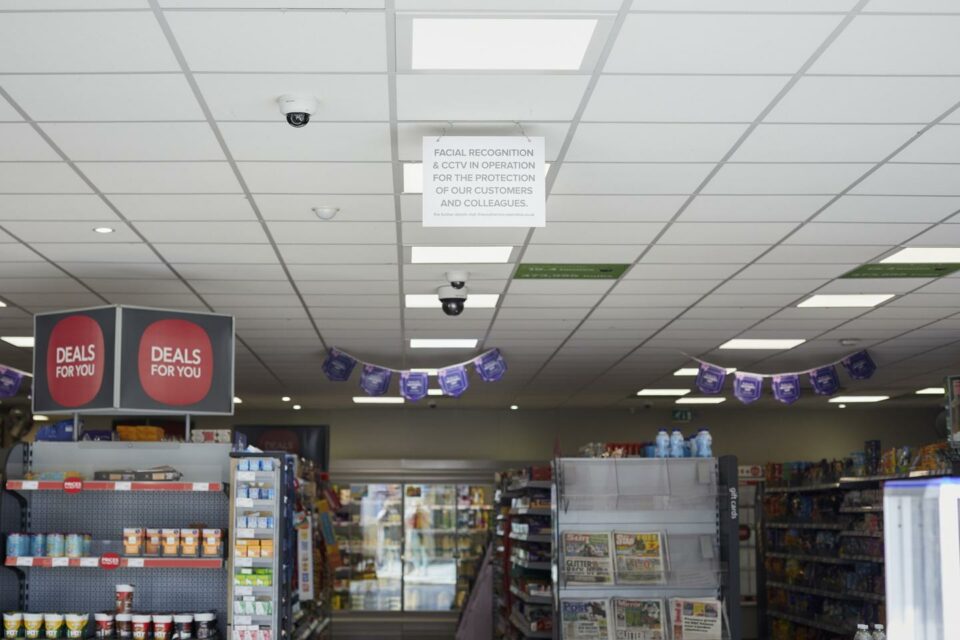Surveillance Technology in UK Retail: A Growing Trend
Enhancing Customer Safety Through Facial Recognition
As shoppers approach a store, they are greeted by a clear notice stating, ”Facial recognition and CCTV monitoring underway to safeguard our customers and staff.” This particular message can be seen prominent at the Sports Direct outlet located in Stoke Newington, an area characterized by its residential ambiance. This surveillance phenomenon is notable in the United Kingdom; London triumphs as one of the cities with the highest concentration of security cameras globally, second only to China. Statistics reveal that there are london-soars-will-flaws-take-a-backseat-to-surveillance/” title=”Facial Recognition in London Soars: Will Flaws Take a Backseat to Surveillance”>97 cameras for every 1,000 residents in Britain compared to merely 2.1 per 1,000 people in Paris.
Evolution of Surveillance Utilization
Daragh Murray, a researcher focusing on technology and human rights at Queen Mary University of London, emphasizes how recently this technology has pervaded everyday environments. “Not too long ago,” he recalls, “this technology was primarily utilized by law enforcement agencies.” However, over the past two years or so, its application has surged within privately held enterprises such as retail shops and nightlife venues.
Facewatch: The Leading Provider
The forefront of this facial recognition movement is represented by Facewatch—a company established in 2010 by Simon Gordon following his experiences with crime as a wine bar proprietor. Since launching their innovative technology in 2019, Facewatch now boasts partnerships with more than 70 retailers across various sectors including supermarkets and garden centers. Notably involved is Frasers Group—operators of well-known chains such as Sports Direct—who oversee an extensive portfolio exceeding 900 retail locations.
Public Opinions on Privacy versus Security
While some consumers appreciate these advancements for enhancing safety measures during their shopping experiences—especially amidst rising concerns about theft—it also prompts significant debates regarding privacy invasion. The balance between protecting public spaces through surveillance technologies versus maintaining individual freedoms continues to stir discussions among scholars and policymakers alike.
as facial recognition continues to develop within retail settings across the UK landscape—and given current security camera statistics—the discussions around ethics and implementation will undoubtedly persist within society moving forward.


